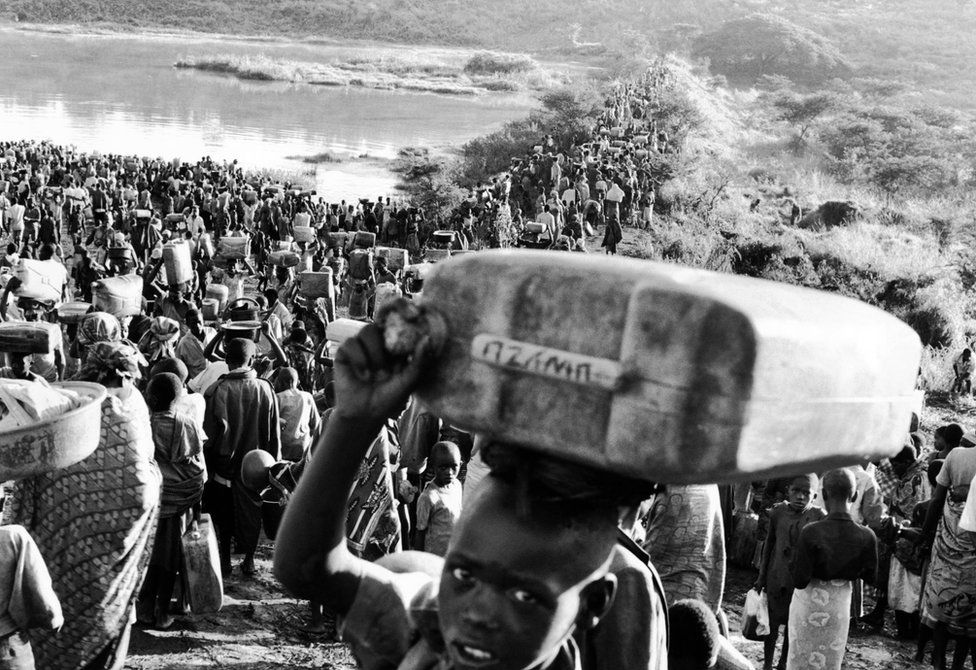n April 1994, the parents of two-year-old Samuel Ishimwe were murdered in Rwanda. Their fate was shared by up to a million people in the genocide against the country’s Tutsi minority. Thirty years on, Samuel sets out to discover what set these terrible events in motion. He undertakes a journey from Rwanda to Germany and Belgium, both former colonial powers in the small East African nation. He hopes it will help him to understand the basis for the Hutu majority’s animosity towards the country’s small Tutsi minority. In Rwanda and Europe, Samuel meets with historians and contemporary witnesses. He wants to understand what happened to make people in his homeland turn on each other in such a way.

Related article - Cosmic Queries - The Race to Long Distance Entanglement

What role was played by the "Hamite hypothesis,” a theory that assigned the Tutsis racial superiority? What’s the story behind all the human skulls taken to Germany from Rwanda more than 100 years ago? And, he asks, are the former colonial powers to blame for the fact that his parents, like so many other Rwandans, had to die? Or do the Rwandans bear the responsibility for the terrible mass murders that occurred between April and July 1994? Whereas Hutus and Tutsis in Rwanda saw themselves as belonging to different social classes, the German colonial rulers who were here from the late 19th century until 1916 defined them along ethnic, racial lines. In the 19th century, many Tutsis were members of an upper class with assets that included valuable cattle. The Hutus, on the other hand, were usually farmers with little or no livestock. For centuries, the kings of Rwanda were Tutsis. The Belgians drove the Germans out of Rwanda in World War One and assumed control of the country until its independence in 1962. These colonial rulers exacerbated the divisions between Hutus and Tutsis, exploiting discord to further their own interests. In the second half of the 1950s, the Belgians withdrew their support for the king and the ruling Tutsi government, facilitating a Hutu power grab. Large numbers of Tutsis came under attack at the time. Hundreds of thousands fled the country. 30 years after the genocide, peace now prevails in Rwanda. President Kagame’s policies have worked to break down adherence to Hutu and Tutsi identities. Does this mean that the country’s dark past and the distrust that long simmered between the groups has now been overcome?
DW Documentary



